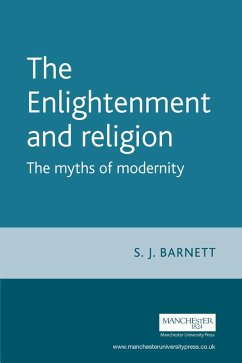
George III (eBook, ePUB)
King and politicians 1760-1770
Versandkostenfrei!
Sofort per Download lieferbar
0,00 €
inkl. MwSt.
Weitere Ausgaben:

PAYBACK Punkte
0 °P sammeln!
The eighteenth-century was long deemed 'the classical age of the constitution' in Britain, with cabinet government based on a two-party system of Whigs and Tories in Parliament, and a monarchy whose powers had been emasculated by the Glorious Revolution o. This study furthers the work of Sir Lewis Namier who argued in 1929 that no such party system existed, George III was not a cypher and that Parliament was an administration comprising of factions and opposition. George III was a high-profile and well-known character in British history whose policies have often been blamed for the loss of Bri...
The eighteenth-century was long deemed 'the classical age of the constitution' in Britain, with cabinet government based on a two-party system of Whigs and Tories in Parliament, and a monarchy whose powers had been emasculated by the Glorious Revolution o. This study furthers the work of Sir Lewis Namier who argued in 1929 that no such party system existed, George III was not a cypher and that Parliament was an administration comprising of factions and opposition. George III was a high-profile and well-known character in British history whose policies have often been blamed for the loss of Britain's American colonies, around whom rages a perennial dispute over his aims: was he seeking to restore royal power, or merely excercising his constitutional rights?. The first chronological survey of the first ten years of George III's reign through power politics and policy-making.
Dieser Download kann aus rechtlichen Gründen nur mit Rechnungsadresse in A, D ausgeliefert werden.













